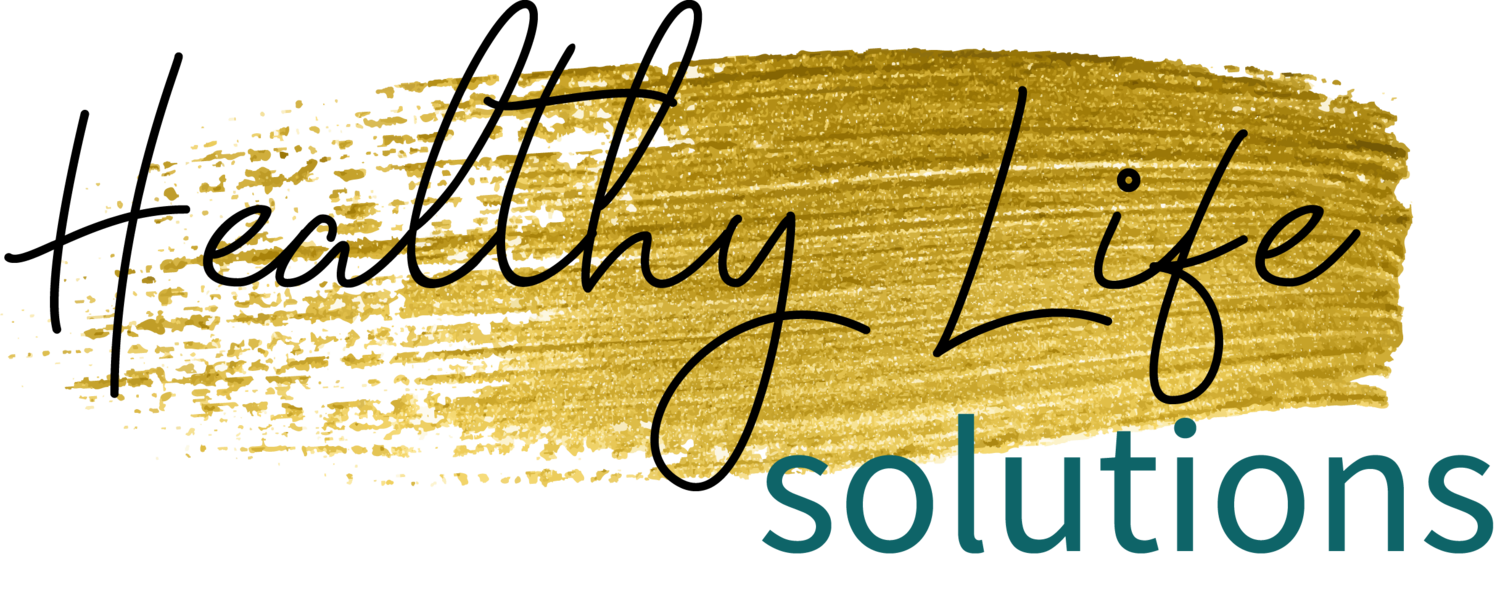I have been reading a fascinating book, "Your Body Can Talk", by Susan Levy and Carol Lehr. I thought I would paraphrase what I have read, and share their fascinating information about PMS with you. I recommend the book and give them full credit for the information. They describe four types of PMS, or Premenstrual Syndrome, that may affect women during their menstrual cycle. Which type are you?
Type A ...PMS - Anxiety
Do you experience mood swings, nervous tension, anxiety, or irritability? Do you suffer with excessive worry, feel vulnerable, fearful, or insecure at certain times during the month? Herbal stress relief formulas, BACH flowers, Homeopathics, or Amino Acid supplements may help to balance these overly stressed women. Eat foods which promote calm within the body. Avoid excessive salt, as it may cause the body to retain up to five pounds of fluid. With this water retention, the brain actually swells, causing intense anxiety and mood swings. B Vitamins can be very helpful to balance the nervous system, along with minerals, chromium, zinc, and magnesium. Reduce the stress in your life as much as possible, and use methods to deal with stress positively. Change your thinking patterns, treat yourself to a massage, or join a yoga class.
Type C...PMS - Craving
Do you experience headache, increased appetite, fatigue, dizziness, fainting, or heart pounding? Those women, who have a tendency to hypoglycemia, may find symptoms intensified prior to menstruation. They may experience compulsive intense sugar cravings a week or ten days before their period. Once sugar is eaten, the body chemistry is thrown off balance, blood sugar levels lower, and headaches may result. Sugar cravings may signal the need in the body of other nutrients, such as chromium, magnesium, or zinc, and oddly enough excessive sugar intake depletes the body of these same minerals - a vicious cycle. Chocolate cravings, common at this time, may signal the need for magnesium. Providing a diet abundant in vegetables will help to supply these minerals needed by the body. Chlorophyll is very close in molecular structure to blood and is great for replenishing the hemoglobin in blood. Heavy bleeding is often a common problem for women. Make sure you are taking in the nutrients needed...more green vegies and whole grains in your diet!
Type H ...PMS - Hyper hydration
Do you experience weight gain, swelling of extremities, breast tenderness, or abdominal bloating? Do you have blotchy red cheeks or areas of blotchy red around the throat or thyroid? Do you have sore, tight muscles, stiffness, puffiness, or feel swollen with water retention? Inflammation is a key word for these women. It is important to figure out which foods are irritating and causing inflammation. Make efforts to eliminate these from the diet. Suspect wheat or dairy as possible sensitivities. Generally, these women should avoid salt, processed foods, coffee, soda pop, some teas, and ibuprofen (which contains caffeine). Be aware of the hormones in meat, as they can be very inflammatory. B-vitamins, magnesium, flaxseed oil, and diuretic herbs may be helpful. Herbs such as dandelion, parsley, alfalfa, shave grass, uva ursi, may be used for short periods of time to get the excess water off. Marshmallow is an herb which may help to soothe the inflammation. The omega-3 rich flaxseed oil is like a water hose, putting out the fire!
Type D ...PMS - Depression
Do you experience depression, forgetfulness, crying, confusion, or insomnia? Are you emotions intensified reactions to normal every day circumstances? Are you lethargic and irritable? Sometimes these women may even experience suicidal tendencies. Women who suffer this kind of depression may not have enough estrogen to counterbalance the progesterone. So the phytoestrogens in herbs and foods may be helpful in helping the body produce estrogen. Soy, red clover, and black cohosh are three commonly used herbs. Excess lead in the body may also be a factor for type D; hair analysis may confirm this as a problem. These women should avoid sugar and refined carbohydrates, coffee, soda pop, alcohol, and intense spices. Instead they should rely on fruits, vegetables, and whole grains. Soy products, pumpkin seeds, and almonds may be beneficial. Supplements to help include: B and E vitamins, magnesium, zinc, Tyrosine, L-Phenylalanine, L-Glutamine, Choline, Valerian, and Passionflower. Phytoestrogen and progesterone is also available in creams and may be very useful for PMS symptom.
I find the dividing of PMS symptoms into types to be helpful in discovering the cause of the hormonal imbalance and finding solutions to bring the body back into balance. Don't accept that PMS is just a "fact of life" or something to "live with"...You can make changes that will improve the quality of your life!

